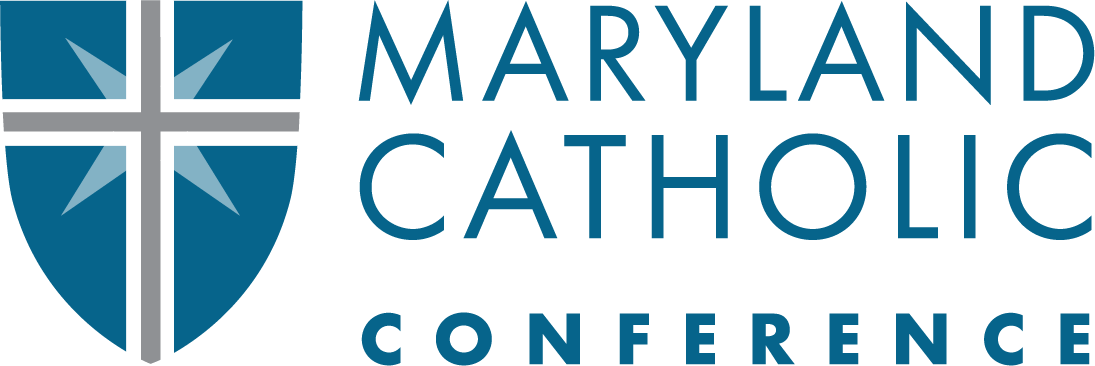Favorable
Committee: Education, Energy & the Environment
SB0755
The Maryland Catholic Conference offers this testimony in support of Senate Bill 755. The Catholic Conference is the public policy representative of the three (arch)dioceses serving Maryland, which together encompass over one million Marylanders. Statewide, their parishes, schools, hospitals and numerous charities combine to form our state’s second largest social service provider network, behind only our state government. Additionally, we offer this testimony on behalf of the families of more than 50,000 students served by over 150 PreK-12 Catholic schools in Maryland.
Senate Bill 755 ensures that individuals who are under informal kinship care are considered financially independent for the purpose of qualifying for student financial assistance in applying for the Guaranteed Access Grant Program. The Guaranteed Access Grant Program is a need-based grant program providing financial assistance for educational expenses to students enrolled at postsecondary institutions. Both public and nonpublic school students are eligible to participate in the Guaranteed Access Grant Program, so long as they meet the requirements.
The Catholic Conference supports wholeheartedly any effort to assist low-income students, who are often among the most marginalized in terms of access to quality education. Our state should do all that it can to promote successful educational outcomes for children who might otherwise be deprived of the same opportunities as wealthier children. Access to a higher education leads to gainful employment, thus breaking the cycle of poverty plaguing many low-income communities. Pope Francis has stated that the Church should highly value education, leading to gainful employment, as it is through the same that “human beings express and enhance the dignity of their lives.” (Evangelii Gaudium, 192).
States should do all that they can to level the playing fields across income levels regarding access to education. It is in the best interest for the future of our state to ensure that low-income students can break the cycle of poverty and have access to the endless possibilities that a quality education can provide, especially for those with limited financial means. Therefore, we urge this Committee to report favorably on Senate Bill 755.
